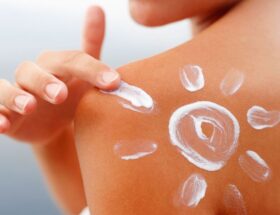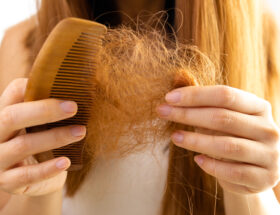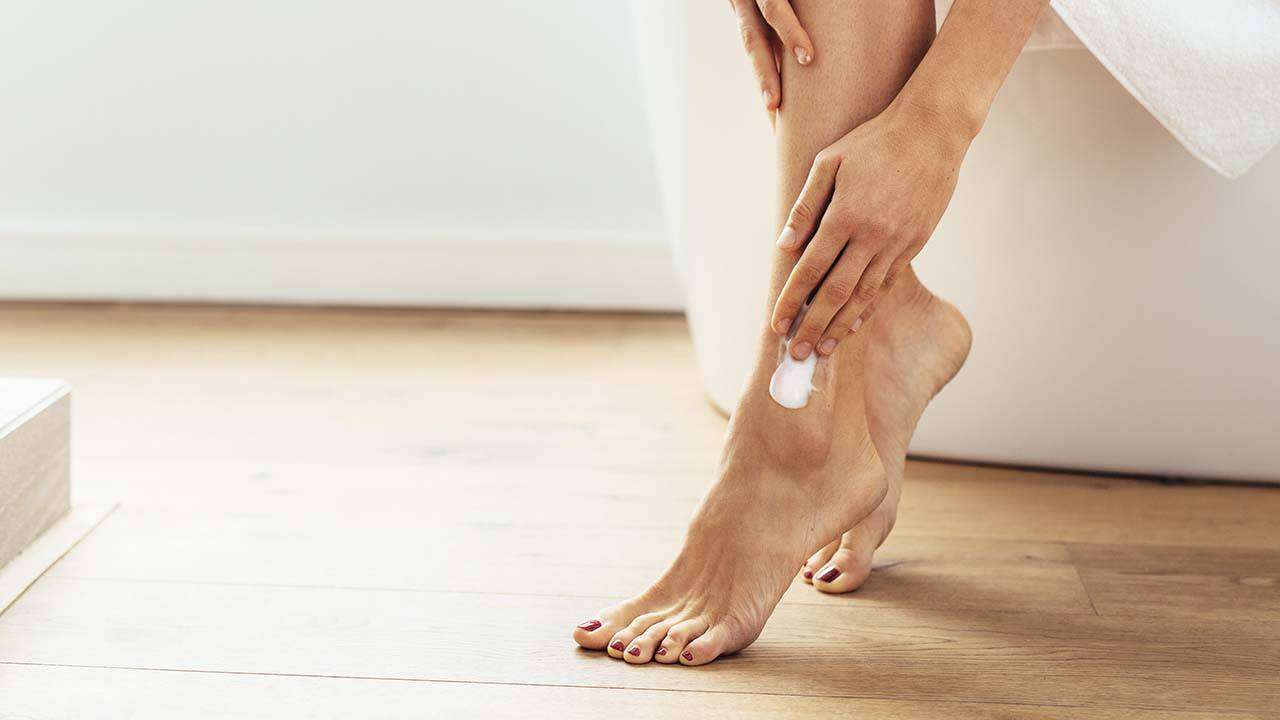
How Hard Water in the UK can impact your hair?
Have you ever experienced sudden hair loss, relentless itching, or unexplained dryness since arriving in the UK? You’re not alone. For many international students, adjusting to life in the UK comes with unexpected challenges, including the impact of hard water on hair health.
Around 60% of the UK is classified as having hard or very hard water, with the South and East regions bearing the brunt of it. But what exactly is hard water, and how does it affect your hair?
ENGLAND AND WALES: This map illustrates how water hardness levels generally rise as you move southeastward. Areas like Devon, Cornwall, North Yorkshire, and parts of western Wales typically have softer water. On the other hand, regions like Northumberland, Tyne & Wear, Lancashire, and the southeast tend to have water that is slightly to very hard.
SCOTLAND: Most parts of Scotland have water that is soft to moderately soft, although some areas may have varying levels of hardness.
NORTHERN IRELAND: In Northern Ireland, the northern part generally has soft to moderately soft water. However, the eastern, southern, and western regions tend to have water that ranges from soft to very hard.
Hard water contains high levels of minerals like calcium carbonate, which can lead to hair woes such as increased hair loss, dryness, damage, and frizziness. The South and East of England, in particular, have significantly harder water due to the geological composition of the region, which surrenders more minerals to the water as it passes through.
So, how do you know if you’re dealing with hard water? Look out for signs like persistent dryness, brittle strands, excessive hair loss, and unruly frizz. If your hair feels rough, lacks shine, or tangles easily, hard water could be the culprit. But fear not! Identifying the effects of hard water on your hair is the first step toward finding solutions. Understanding these changes and doing the right care routines can help you keep your hair and skin healthy while you’re here. Here are some important tips:
1. Use Clarifying Shampoos: Use special shampoos to clean your hair and remove the extra minerals from hard water. But don’t use them too much, especially if you have colored or curly hair, because they can make your hair dry.
2. Get Shower Filters: Install filters in your shower to make hard water softer by taking out some minerals. These filters can keep your hair healthy by reducing mineral buildup and keeping the natural moisture balance.
3. Treat Your Hair Before Washing: Use treatments or masks on your hair before you wash it to protect it from the minerals in the water. This can help stop hard water from making your hair and scalp worse.
4. Use Hair Masks and Leave-In Conditioners: Try using masks and conditioners with ingredients like coconut or argan oil to keep your hair moisturized and safe from damage.
If you have thick or sensitive hair, dealing with damage from hard water can be tough. The minerals and metals in water are good for your body, but they can make your hair hard to manage. Luckily, fixing hard water hair damage can be easy. Just pick the right shampoo, or use a shower filter, or try these haircare products when you take care of your hair, you can lessen the effects of hard water on it.





